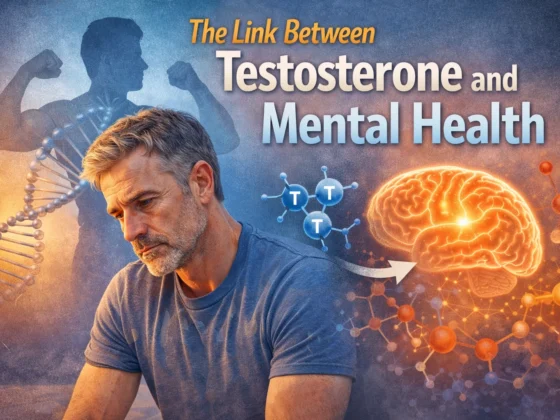Last Updated on 18th August 2021 by Charlie Walsh
The first thing to note is that sleep plays a very important role in your overall physical health because when you sleep you are allowing your body time to naturally repair and rejuvenate itself. A number of health issues such as heart disease, high blood pressure and the risk of stroke have been linked with the lack of sleep but what happens to your body when you sleep too much?

Stages of sleep
Let’s look at the different stages of sleep and that will give us a clearer insight into the effect sleep will have on our bodies over time. You don’t just flick a switch and its lights out, so naturally the quality and length of time we sleep for will have varying outcomes on us.
Usually the average person will go through 5 stages – you will go through all the stages including REM rapid eye movement sleep in cycles throughout the night. Each stage will last up to 15 minutes and a complete sleep cycle could take on average between 90 to 110 minutes. Sounds complicated doesn’t it when you think about it.
Stage 1 would be what is considered light sleep and you can be woken up very easily.
Stage 2 the body will prepare itself for deep sleep and the brain waves will become slower.
Stage 3 the creepy part – at this stage you are more prone to sleepwalking, nightmares, talking in your sleep and even wetting the bed…you are entering deep sleep.
Stage 4 if you wake up at this stage you will feel disoriented and unaware of your surroundings.
Stage 5 REM sleep at this stage you may be experiencing vivid dreams and your brain waves will be actively mimicking those of your waking state.

Can too much sleep be harmful?
The problem with sleeping too little is that when you sleep too much you are putting your health at pretty much the same risks. Sleeping too much has been linked to cognitive issues, heart disease and diabetes to name a few. The occasional extra lie in on a Sunday morning is fine but constantly oversleeping can cause a number of issues and also be a sign of more hidden medical issues such as depression and anxiety.
Why is seeping too much bad for me?
The term for someone who sleeps too much is hypersomnia – this is when somebody sleeps excessively and feels constantly tired throughout the day. When you get too much sleep you will wake to feel groggy and your thoughts may feel unorganised – the struggle on a morning descends into a fog throughout the day and you will struggle to concentrate.
Oversleeping may cause degenerative diseases and research has shown a link between getting too much sleep with a higher risk of developing Alzheimer’s disease and dementia. You may even experience feeling more pain – certain issues such as back pain can be made to feel worse by spending too much time laying down. There has been a study taken recently that has found links between weight gain and too much sleep and during the six year study over sleepers gained more weight than those who had a healthy sleep balance. In fact those that slept for 9 hours on average were 21% more likely to become obese.

So what can be done to stop ourselves oversleeping?
One of the most practical things you can do is try and stick to a routine. You can actually train yourself to wake up at the same time every day without an alarm! – It takes time and effort but will work without the need for any loud annoying noises first thing in the morning. Now for us, the thought of waking up without an alarm as a back-up is quite worrying. Consider buying something like an old school alarm clock if like us you see it as a Necessity. By putting a routine into your bedtime habits you will fall asleep sooner and the quality of sleep will improve.
Try to go to sleep earlier – you only need 8 hours sleep on average to have a healthy balance. By falling asleep later at night your body naturally wants to wake up later in the day so it makes sense to go to sleep slightly earlier to give yourself the best chance of getting out of bed in the morning. Try to get rid of distractions – anything that can affect the quality of the sleep you are getting as this will in turn effect the amount of time you spend in bed. If you haven’t slept properly you wont of allowed your body to repair itself, this means you are more likely to want to stay in bed longer than usual which is bad for your health.
To make sure you are not damaging your health you have to try and find a healthy balance between too little and too much sleep. Finding that perfect balance can be hard but once you have got it you can maintain it by keeping structure in your life. Sleep is one of the best ways to maintain a healthy lifestyle and that is why we tend to focus on how much sleep we get.
If you struggle to fall asleep have a look at your diet and what you are doing just before you go to sleep, doing things like drinking coffee and checking your phone make it more difficult to sleep, this effects the quality and amount of time you are sleeping for.










